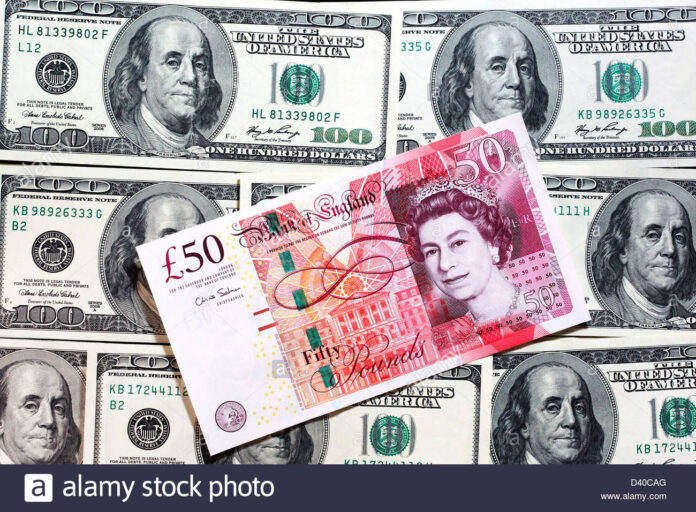Demand for dollar at both official and black markets is rising to new heights as politicians mop up the greenback for electioneering campaigns.
Party primaries for the Presidential and National Assembly polls to nominate candidates are scheduled between April 4 and June 3 this year.
The uptick is dollar demand has led to depreciation of the naira, which closed at N575/$1 at the parallel market.
Data from the Central Bank of Nigeria (CBN) website showed the naira exchanges at N416.36/$1 at the official market/ Investors and Exporters window on Wednesday March 2. The local currency has remained relatively stable at the official market.
However, the uptick in official and parallel market premium has continued as a large part of foreign exchange transactions migrate to the parallel market due to difficulties in accessing dollars at the official market.
In emailed note to investors titled: “Naira slides to record as election spending kicks off”, Trading Desk Manager, AZA, global forex dealer, Murega Mungai, said the naira slumped to a record low against the dollar on the unofficial market, depreciating to N575/$1.
“Dollar demand is rising as political spending kicks off ahead of Presidential and National Assembly polls, with party primaries to nominate candidates scheduled between April 4 and June 3 this year,” the analyst said.
He said the surging price of oil—Nigeria’s biggest export earner—has less effect nowadays in the parallel market since the Central Bank of Nigeria (CBN) cut off intervention in the unofficial market.
But as part of its longer term FX strategy, the CBN announced a rebate scheme to raise $200 billion in earnings from non-oil proceeds over the next three-to-five years by incentivising exporters to repatriate and then sell dollars into the local market.
“We expect the Naira to hold temporarily at the weaker end of the 570’s range as election spending ramps up,” he said.
Other analysts warned that rising demands for foreign exchange could throw the naira exchange rate out of equilibrium. Such an adverse scenario must be prevented through proactive monetary policy.
Managing Director, Morgan Capital Securities Limited and an economic analyst, Rotimi Olubi, said electioneering for 2023 general elections will further increase foreign portfolio outflows and cause Foreign Portfolio Investors (FPIs) to remain on the sidelines.
He listed other factors expected to cause further outflow to include rate hikes and capital controls by the monetary authorities.
Olubi added that the foreign exchange would likely come under strong pressure as interest rate hikes in advanced economies would result in portfolio outflows from emerging markets.
He noted that domestic investors would be the key players responsible for the movement of the market and liquidity. “Electioneering, rate hikes, and capital controls by the monetary authorities are expected to cause further foreign portfolio outflows and cause FPIs to remain on the sidelines.
“Even as the economy continues its recovery, corporate earnings of companies in the consumer goods and industrial goods sector are expected to be impacted by high input costs caused by high inflation and higher cost of capital due to interest rate hikes,” he said.
“Interest income of financial services institutions such as banks is expected to rise in Nigeria if interest rates rise as expected. This is because the U.S could decide to raise interest rates. This act by the U.S could lead to downward pressure on commodity prices, drop in global liquidity, increase in the cost of funds from the international debt market and due to the fact that Ukraine and Russia are still having conflicts, oil prices might go up and production could decrease.”
“Companies in the oil and gas sector are expected to have a solid year driven by strong oil prices, increasing global oil demand and OPEC+ cuts,” Olubi said.
He said that with relatively low infection rates and fatalities from the pandemic, the likelihood of an economic shutdown was non-existent.



